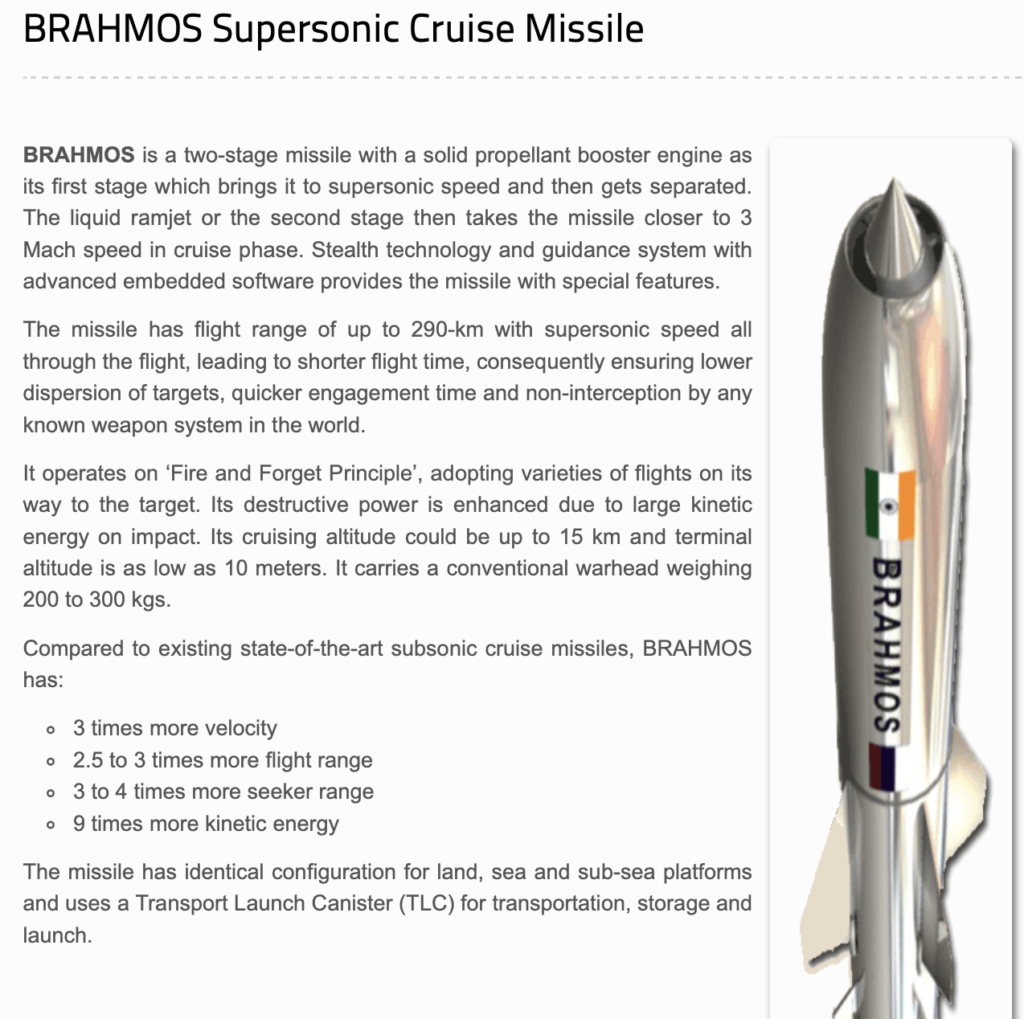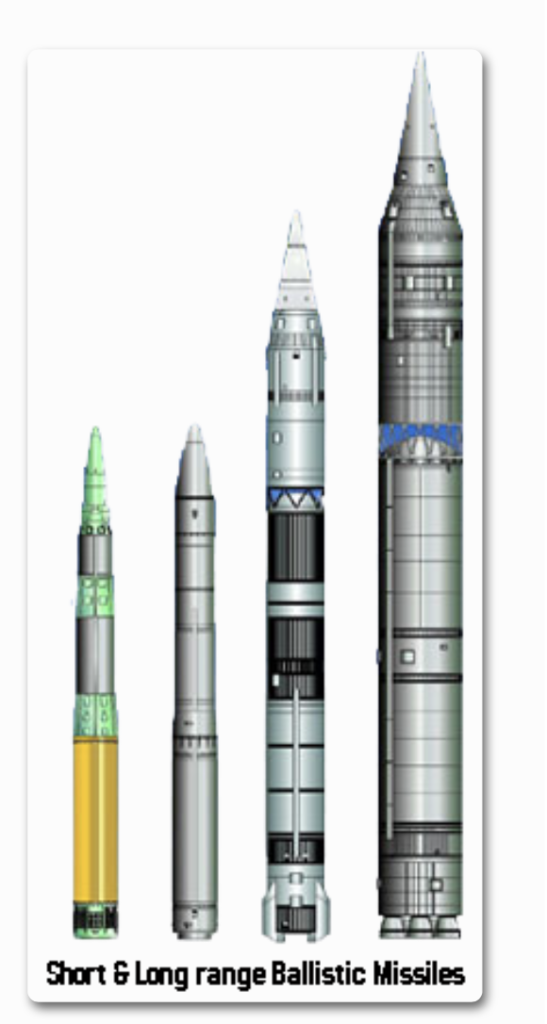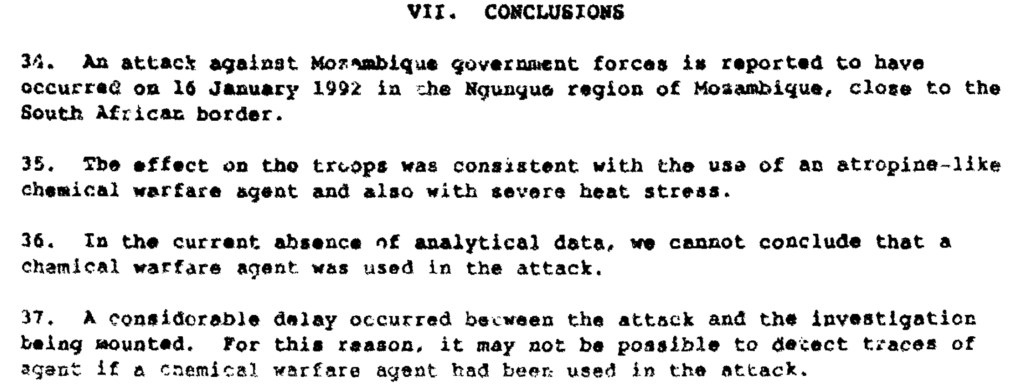In this interview with Alex Wellerstein, Herbert York says a bit about what the U.S. government learned about Israel’s nuclear weapons from Vanunu:
WELLERSTEIN asks whether classification caused technical difficulties. “No, well, no, I don’t think so. At least, I never thought it did. It’s always possible that if we could actually go back in time we might find something, but, because we did have very tight control of the shops, and again, I thought some of that was overdone. For example, in those days — it’s no longer true — but in those days, spherical symmetry was nearly everywhere. The primaries were always spherically symmetrical. And so anything so anything, any shell of metal that was spherical in shape, was highly classified. But of course, it’s like my discovering plutonium, this guy from Israel, from Dimona [Mordechai Vanunu], he brought out with him either the shapes or the lot of dimensions that he gave to the British and then we call got, which told us a lot, even those spheres are not classified, we learned a lot about the first Israeli bombs from just the drawings of shapes, the same thing from the Soviets. … Vanunu is still an issue, it’s amazing. And it’s a secrecy issue!”




